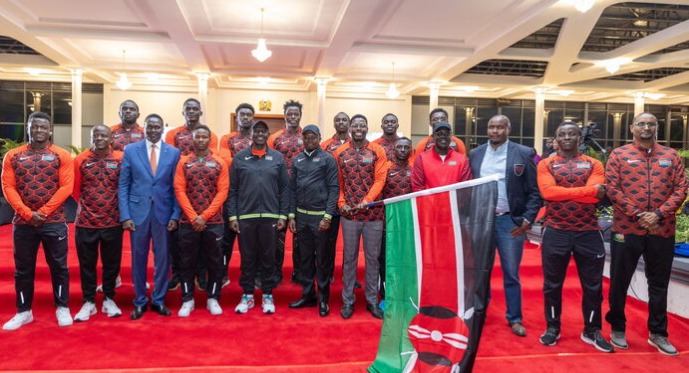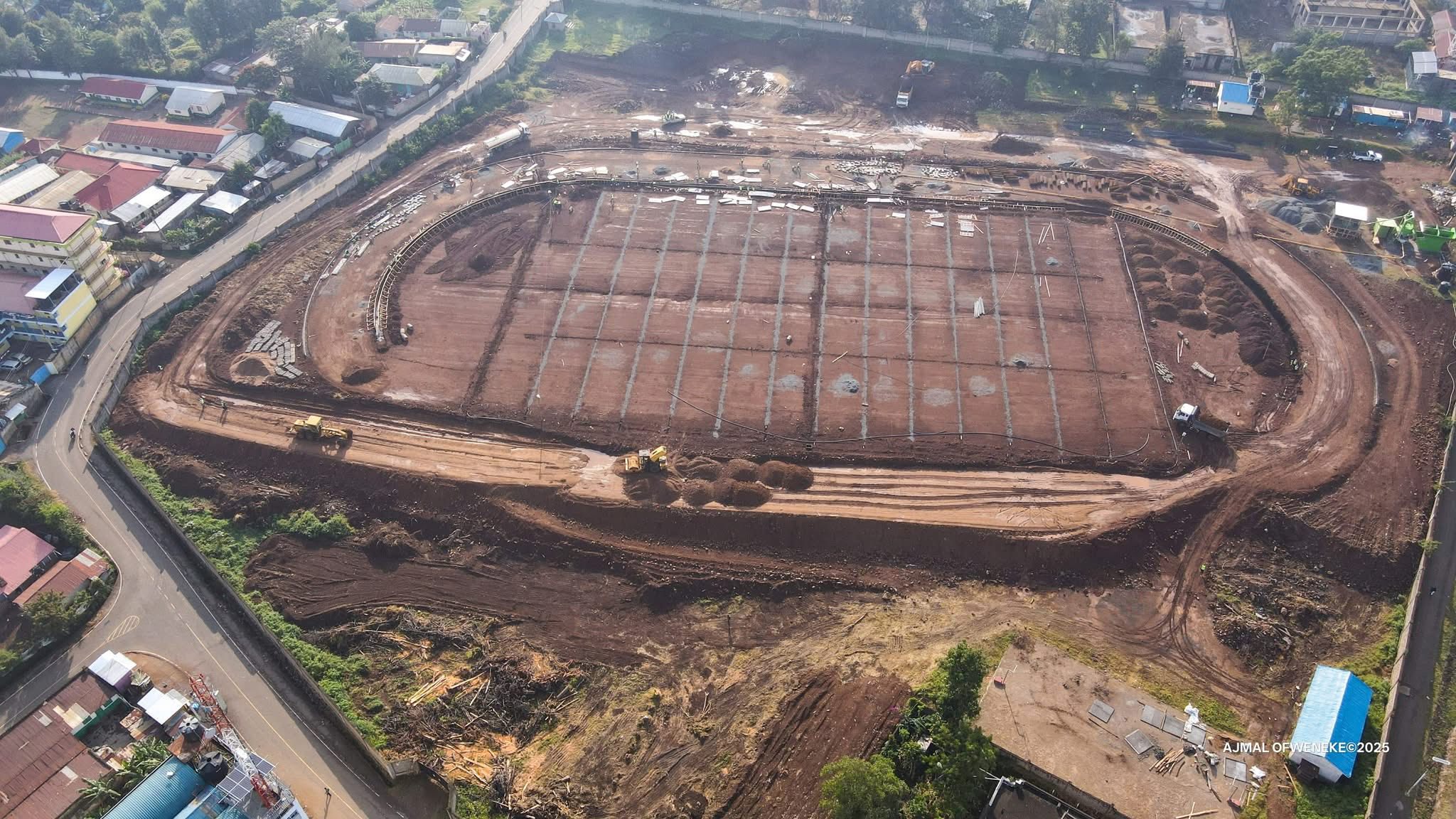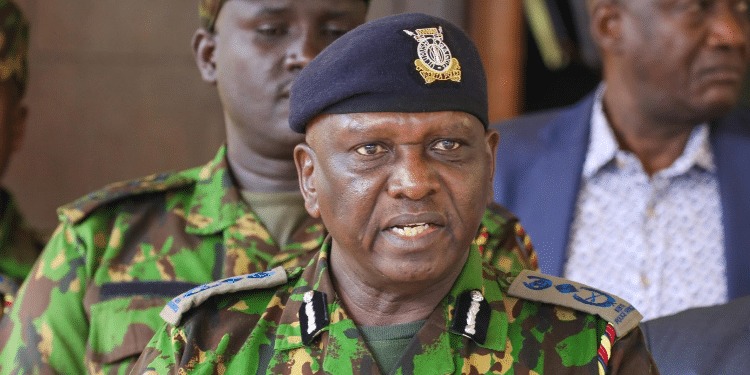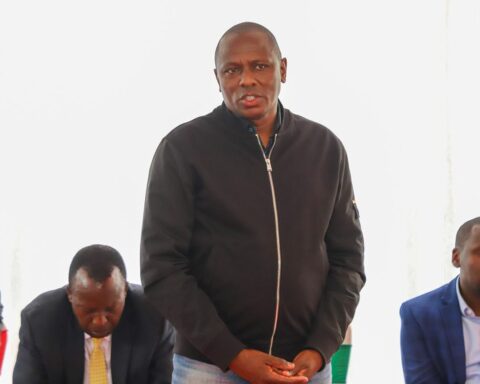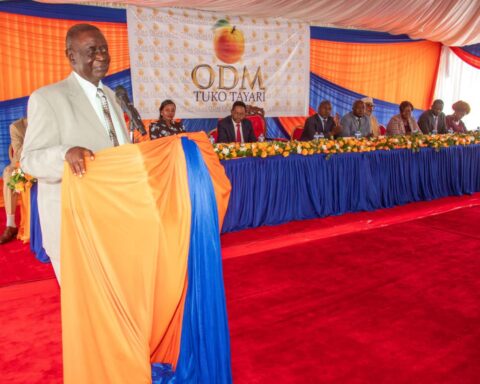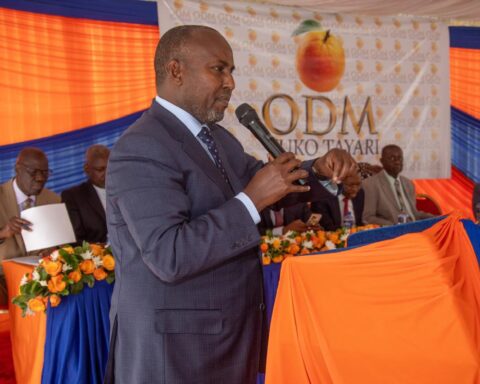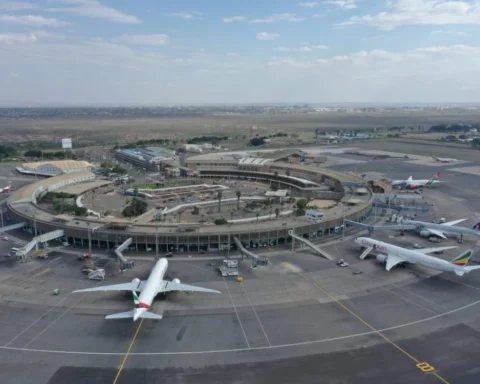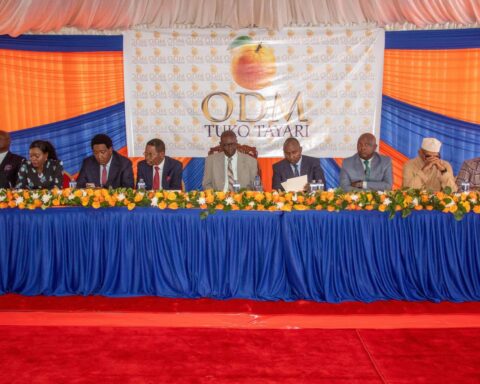Kenya’s stellar performance at the 2025 World Athletics Championships in Tokyo translated into both glory and fortune, with athletes reaping a collective KSh78 million in prize money.
According to the World Athletics prize structure, gold medalists earn USD 70,000 (Ksh9 million) each, silver medalists receive USD 35,000 (Ksh4.5 million), while bronze medalists take home USD 22,000 (Ksh2.8 million).
Kenya bagged USD 490,000 (Ksh63.3 million) from gold medals, USD 70,000 (Ksh9 million) from silver, and USD 44,000 (Ksh5.6 million) from bronze, bringing the country’s total tally to USD 604,000 (Ksh78 million).
Among the silver medal winners were Faith Kipyegon and Dorcas Ewoi (1,500m), while Reynold Cheruiyot (1,500m) and Edmund Serem (men’s 3,000m steeplechase) settled for bronze. Gold medallists, including Beatrice Chebet and Kipyegon, emerged as the biggest earners from the competition.
Beyond the official prize money, President William Ruto unveiled an enhanced government rewards programme. Gold medallists not only received millions from the state but were also promised affordable housing units of their choice, albeit under a co-payment arrangement.
Ruto explained that under the scheme, the government will cover half the cost of the housing unit, while the athlete pays the remainder—a model similar to the arrangement with the Harambee Stars after their exploits at the 2024 African Nations Championship.
Responding to critics who claimed the programme was a political reward system, Ruto stressed:
“There are some who, because of ignorance, believe we are dishing out affordable houses. There is no affordable house that is going to be given to anybody without being paid for. When we say we are going to make a house available to anybody, including our athletes, it means that the government is going to pay.”
The revamped incentive scheme marks a shift in Kenya’s approach to athlete motivation and welfare, complementing the international payouts athletes earn from their victories on the global stage.
